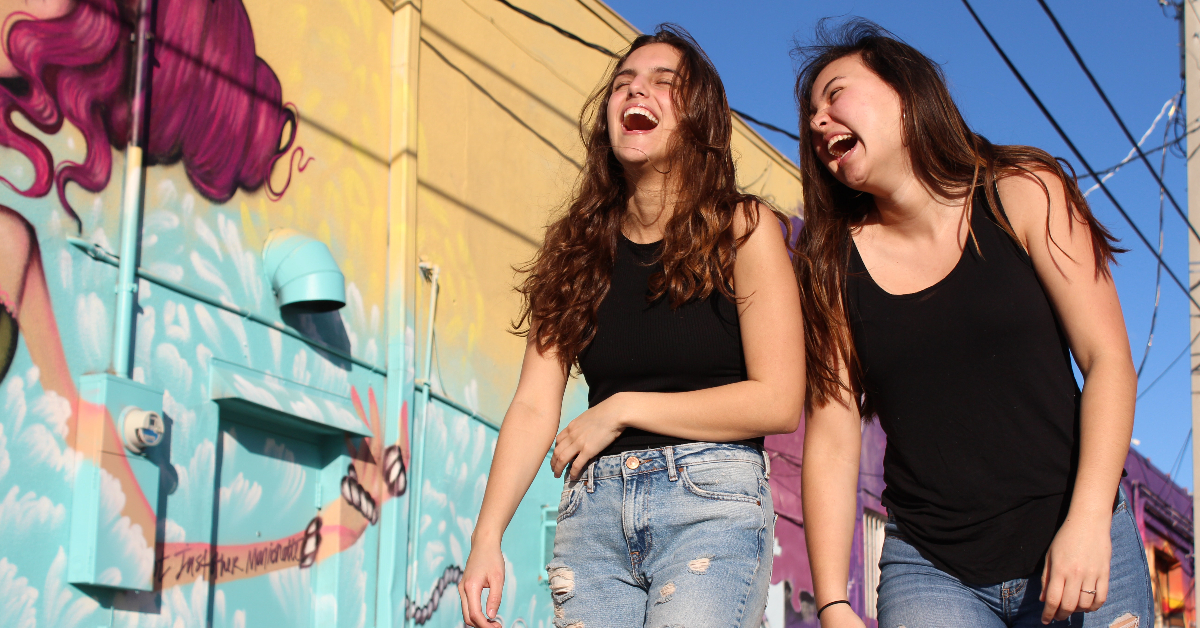We maintain the belief that we do not constantly smell ourselves. Despite our efforts to the contrary, we all have our own scents, pleasant and less pleasant, and if we're like other land mammals, our particular perfume might mean something to our fellow humans. According to one study, each person's body odor was more similar to their friend's than would be expected by chance.
Before obtaining these answers, the question of how odors can influence people was widely studied. The scientists who study the human smell wondered if molecules shedding from our skin may . . .






